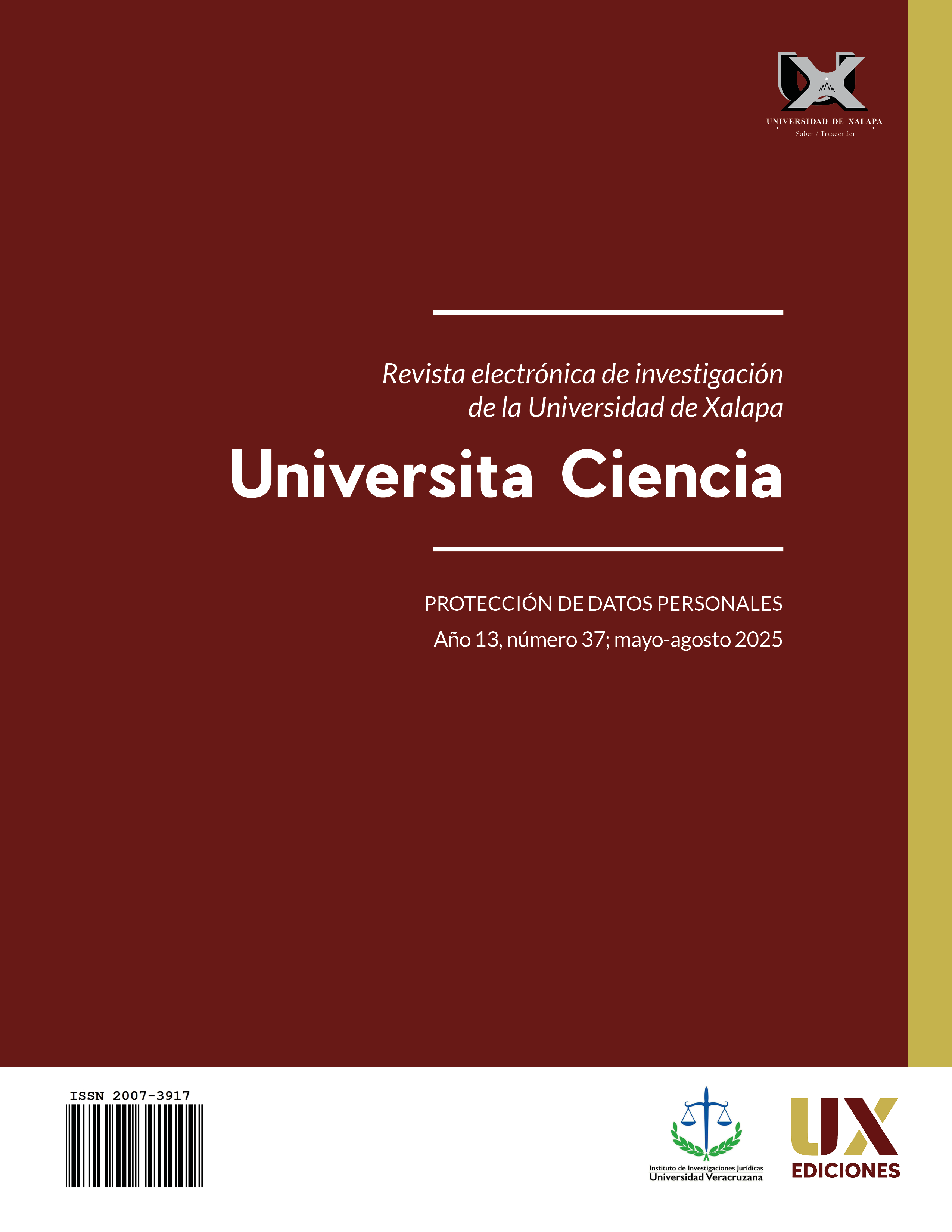Clinical Intervention Proposal Based on Cognitive Behavioral Therapy and Positive Psychology to Improve Treatment Adherence and Psychological Well-Being in Adolescents with Uncontrolled Asthma
DOI:
https://doi.org/10.5281/zenodo.17109059Keywords:
cognitive-behavioral, positive psychology, ashtma, treatment adherence, clinical psychology, psychological well-beingAbstract
Uncontrolled asthma in adolescents constitutes a public health issue with physical, emotional, and social implications. Despite the availability of effective treatments, poor therapeutic adherence remains a critical barrier to achieving disease control. This article presents a clinical and salutogenic intervention proposal based on the principles of cognitive-behavioral therapy and positive psychology, aiming to improve both treatment adherence and psychological well-being in adolescents diagnosed with uncontrolled asthma. The intervention involves structured group sessions that address dysfunctional beliefs, strengthen self-efficacy, promote positive emotions, and enhance personal and contextual resources. This approach not only seeks to reduce distress but also to foster psychological flourishing among adolescents, representing an innovative perspective that opens new avenues for clinical intervention and research in this population, as well as in individuals with other chronic conditions.
Metrics
References
Fredrickson, B. L., Cohn, M. A., Coffey, K. A., Pek, J., & Finkel, S. M. (2008). Open hearts build lives: Positive emotions, induced through loving-kindness meditation, build consequential personal resources. Journal of Personality and Social Psychology, 95(5), 1045–1062. https://doi.org/10.1037/a0013262
Guajardo Balderas, V., Cadena Santos, F., Alarcón Luna, N. S., Alatorre Esquivel, M. A., Yáñez Castillo, B. G., & Reyes Enríquez, A. (2020). Calidad de vida en niños y adolescentes con asma en una población mexicana. Enfermería Universitaria, 17(1), 23–30. https://doi.org/10.22201/enfermeria.23958421e.2020.1.430
Guzmán-Carrillo, K. Y., González-Betanzos, F., Rivera-Heredia, M. E., Montes Delgado, R., Salazar Garza, M. L., & Aguirre Martínez, J. I. (2022). Intervención cognitivo conductual para promover la adhesión al tratamiento médico, recursos psicológicos y calidad de vida en pacientes pediátricos con hemodiálisis en México. Revista de Psicología Clínica con Niños y Adolescentes, 9(2), 26–31. https://doi.org/10.21134/rpcna.2022.09.2.3
Herrera G., A. M., Abara E., S., Álvarez G., C., Astudillo M., C., Corrales V., R., Chala C., E., Dazenies S., C., Koppmann A., A., Lezana S., V., Mamani J., R., Palomino M., M. A., Pérez H., M. A., Pierry V., C., Rivera K., N., Saavedra B., M., & Vargas G., V. (2024). Consenso chileno SOCHINEP-SER para el diagnóstico y tratamiento del asma en el adolescente. Revista Chilena de Enfermedades Respiratorias, 40(3), 170–190. https://revchilenfermrespir.cl/index.php/RChER/article/view/1227
Kendall, P. C. (2010). Tratamiento cognitivo-conductual para trastornos de ansiedad en adolescentes: Manual para el terapeuta + Cuaderno de actividades El Gato Valiente. Docta Ediciones.
Lugo-González, I. V., & Pérez-Bautista, Y. Y. (2021). Intervención cognitivo-conductual para disminuir depresión y ansiedad en una persona con asma: Estudio de caso. Revista Digital Internacional de Psicología y Ciencia Social, 7(2), 364–383. https://doi.org/10.22402/j.rdipycs.unam.7.2.2021.331.364-383
Melero Moreno, C. (2018). Adherencia al tratamiento en asma. Situación actual. Open Respiratory Archives, 1(4), 251–256. https://www.separcontenidos.es/revista3/index.php/revista/article/view/116/136
Organización Mundial de la Salud. (2023). Asma. https://www.who.int/es/news-room/fact-sheets/detail/asthma
Ornelas-Aguirre, J. M., & Murillo-Zamora, E. (2022). Impacto del asma en la calidad de vida de adolescentes mexicanos. Salud Pública de México, 64(3), 293–300.
Ryff, C. D., & Keyes, C. L. M. (1995). The structure of psychological well-being revisited. Journal of Personality and Social Psychology, 69(4), 719–727. https://doi.org/10.1037/0022-3514.69.4.719
Secretaría de Salud. (2021). Programa de Acción Específico para Enfermedades Respiratorias Crónicas. Gobierno de México. www.gob.mx/salud/documentos/programa-de-accion-especificao
Seligman, M. E. P. (2011). Flourish: A visionary new understanding of happiness and well-being. Free Press
Seligman, M. E. P. (2018). La vida que florece: una nueva visión del bienestar y la salud mental. Barcelona: Ediciones B.
Sharrad, K.J., Sanwo, O., Cuevas-Asturias, S., Kew, K.M., Carson-Chahhoud, K.V., y Pike, K.C. (2024). Psychological interventions for asthma in children and adolescents. Cochrane Database of Systematic Reviews,1 (1). doi: 0.1002/14651858.CD013420.pub2.
Sin, N. L., & Lyubomirsky, S. (2009). Enhancing well‐being and alleviating depressive symptoms with positive psychology interventions: A practice‐friendly meta‐analysis. Journal of Clinical Psychology, 65(5), 467–487. https://doi.org/10.1002/jclp.20593
Vázquez, C., Hervás, G., Rahona, J. J., & Gómez, D. (2009). Bienestar psicológico y salud: Aportaciones desde la psicología positiva. Anuario de Psicología Clínica y de la Salud, 5, 15–28.
Velázquez-Jurado, H., Flores-Torres, A., Pérez-Peralta, L., et al. (2023). Cognitive behavioral treatment to improve psychological adjustment in people recently diagnosed with type 2 diabetes. Health Psychology and Behavioral Medicine, 11(1), 2179058. https://doi.org/10.1080/21642850.2023.2179058
Vergara Aguirre, S. N., Chavarría Santiago, O. A., Rodríguez Medina, D. A., Domínguez Trejo, B., & Zamudio Silva, P. (2019). Intervención cognitivo-conductual para promover adherencia terapéutica y regulación autonómica en pacientes con diabetes mellitus tipo 2. Psicología y Salud, 29(2), 221–231. https://doi.org/10.25009/pys.v29i2.2587Psicología y Salud
World Health Organization. (2023). Adherence to long-term therapies: Evidence for action. WHO.
Published
How to Cite
Issue
Section
License

This work is licensed under a Creative Commons Attribution-NonCommercial-ShareAlike 4.0 International License.
This journal adheres to the Creative Commons license in the definition of its policy of open access and reuse of published material, in the following terms:
- Accessibility to articles and other publications in whole or in part under the concept of copying, distribution, public communication , interactive access (through the Internet or other means), explicitly maintaining the recognition of the author or authors and the journal itself (authorship acknowledgment).
- Warning that if the articles are remixed, modified or fragments used in other creations, the modified material cannot be distributed, nor is it allowed to reconstruct versions from the original published articles (derived works).
- The use of the contents of the published articles, in whole or in part, for profit (non-commercial recognition) is prohibited.
The author retains copyright, transfers or grants exclusive commercial rights to the publisher, and a non-commercial license is used.














